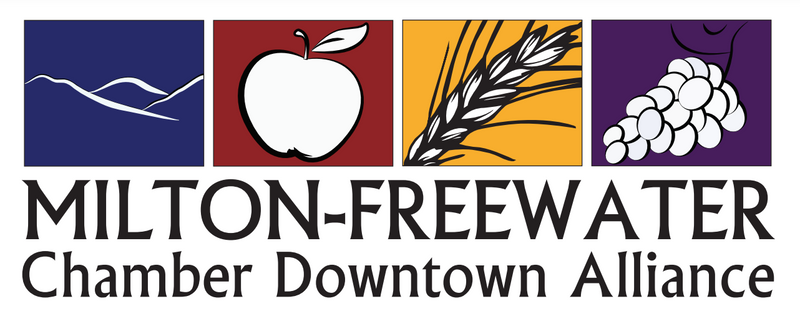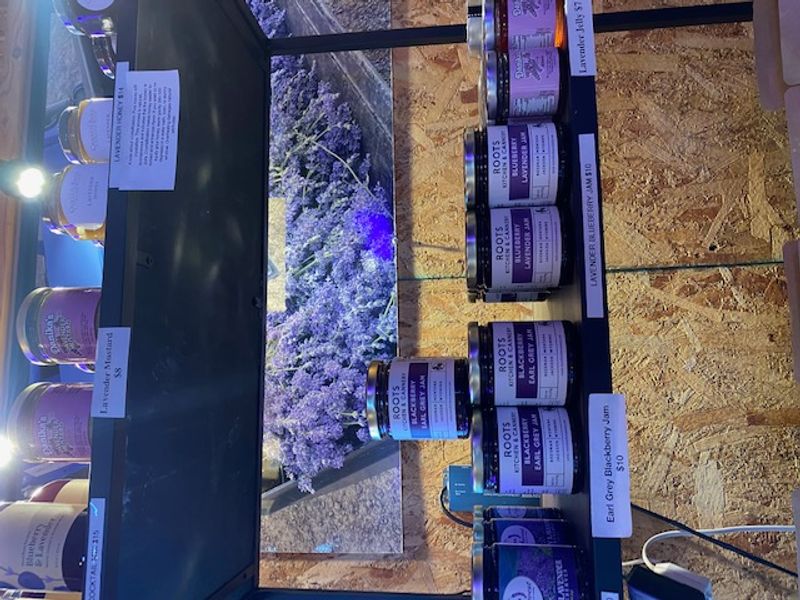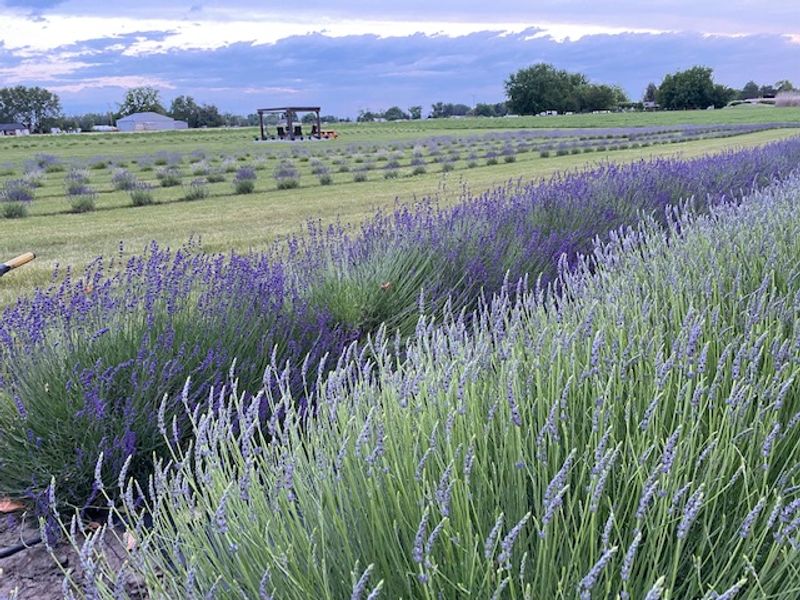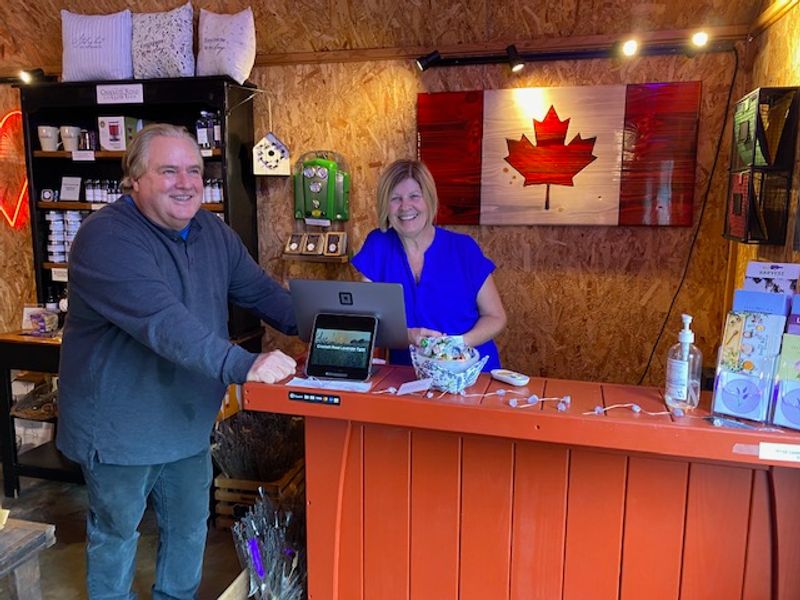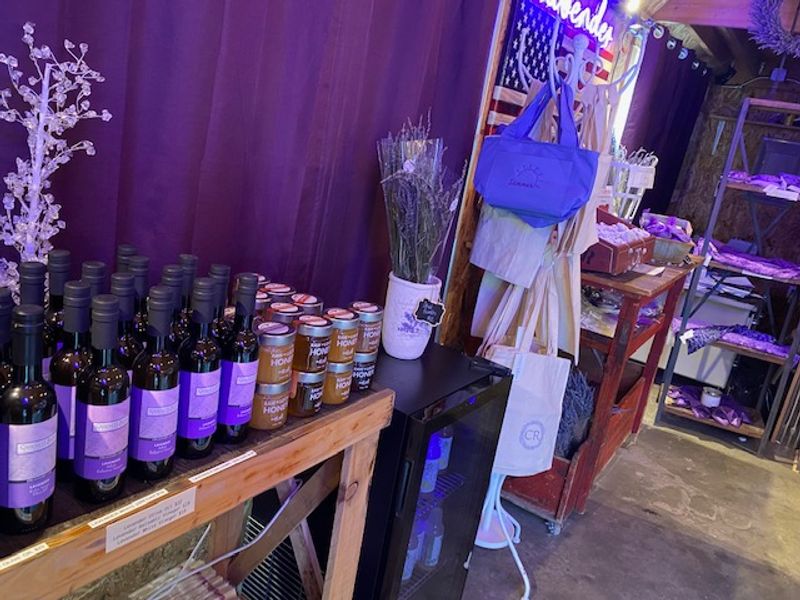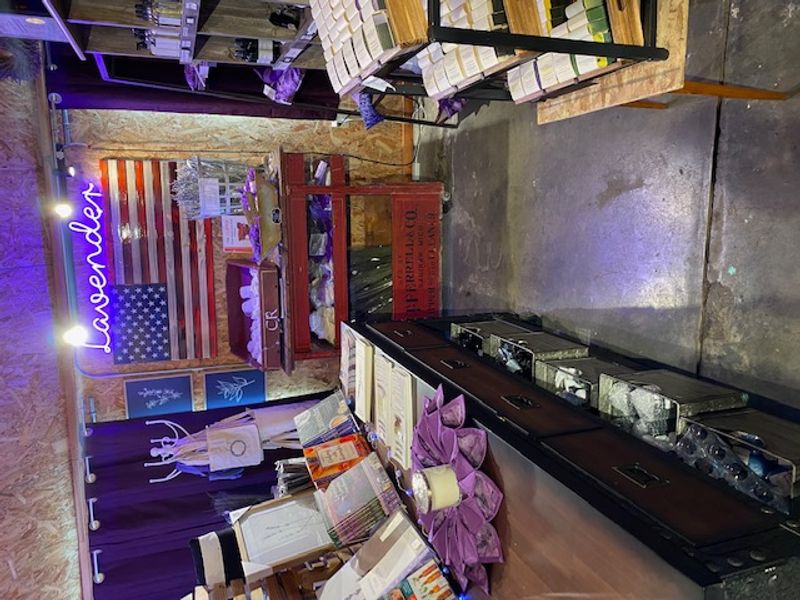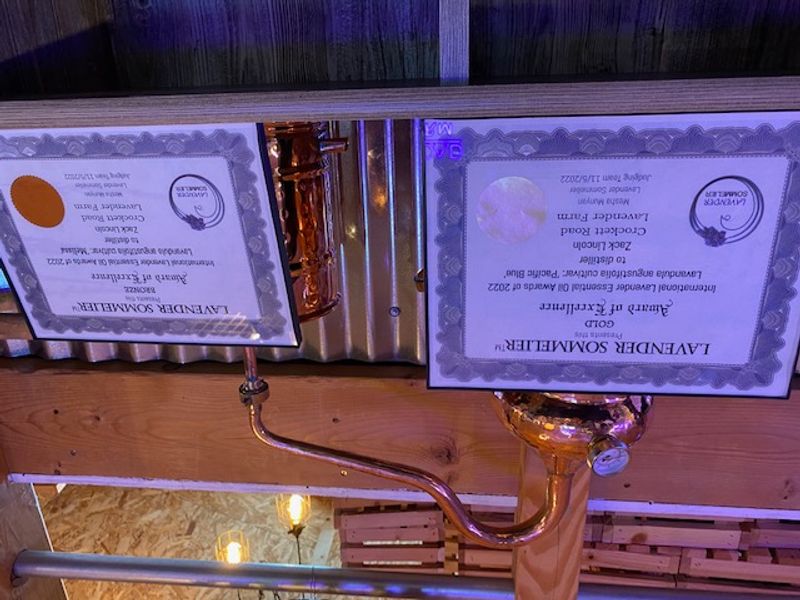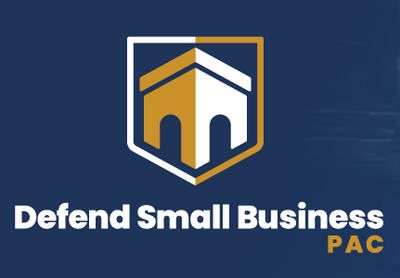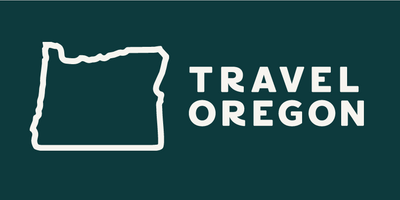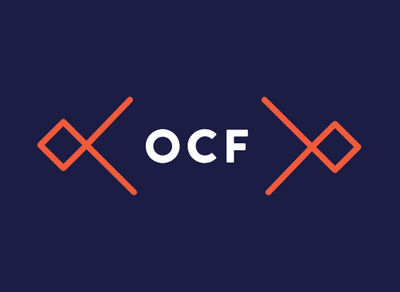Crockett Road Lavender Farm – Good For The Soul
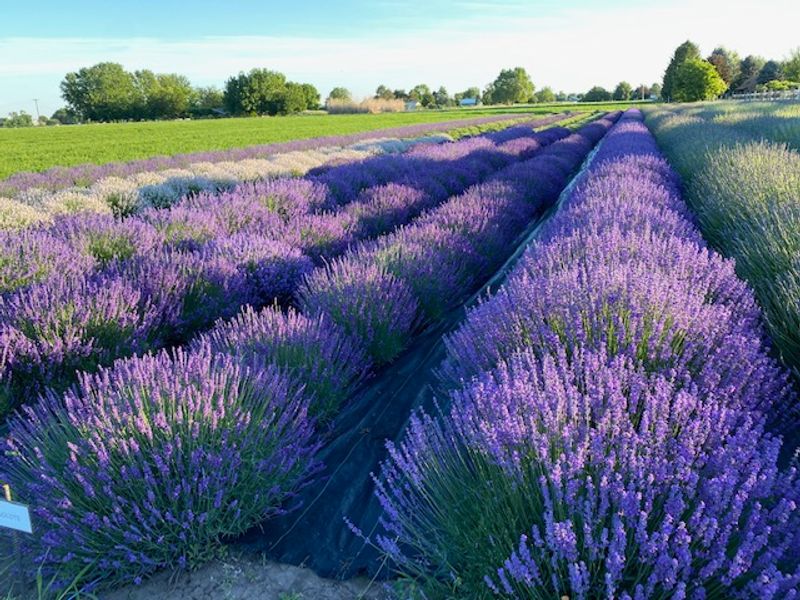
Quotes and Pictures Courtesy of Tom Binder, Louise Dyjur, and Rachelle Binder
Back in 1982, during Milton-Freewater’s orchard-era boasting over 170 apple orchards, Tom Binder bought a 15-acre farm out on Crockett Road ripe with apples, prunes, and plums. During that decade, as larger orchards sprang up in the Columbia Valley and came into production, a common chemical used in apple farming was found to be carcinogenic, causing the perfect storm for the local apple market to sink. Tom kept his farm in fruit as long as he could, but around 1990, he cleared the land of orchards and planted hay, “an idiot-proof crop if there ever was one”, which was great for Tom to supplement his income while he was at his other job selling pipeline inspection equipment for a UK-based manufacturer. In 1998, Tom decided to sell his farm to a gentleman aspiring to put in a native plant nursery, who worked the farm until the Great Recession in 2008-2009.
By 2014, Tom had met and married his darling wife, Louise, Chief Nursing Officer at Providence St Mary. Tom “was always reminiscing about this farm he used to own”, and one day, they were driving down Crockett Road and the very same farm was FOR SALE! By that time, the farm hadn’t been in production for a number of years and was badly overgrown. Needless to say, Tom and Louise cleaned and bulldozed the farm, and put it back to hay.
By 2019, Tom and Louise were researching good crops to grow on small acreage and had “always heard that lavender had a lot of uses and good demand”. They considered garlic and berries, but ultimately decided to plant 2 acres lavender- which now amounts to 20 varietals and 4,000 plants- right before the COVID Pandemic ignited. Being an organic farm, the lavender has to be weeded by hand, trimmed, groomed, harvested, and watered. “Lavender thrives in a Mediterranean climate and it doesn’t like too much water.” During a cool summer, lavender can go year-round without water, and is commonly planted in places that don’t have a nearby water source. Other surprising benefits of planting lavender is that “the gophers, deer, and bunnies don’t bother it; it repels insects, and it helps with mental health, too.” Tom and Louise have created products they sell in their retail space onsite, some of which are made, distilled, and processed right there on the farm; they have a lot of repeat customers that come back for their lavender lotions and lavender bug sprays!
“When we first started, everybody said, ‘you’ll never be able to sell all the dried bundles, buds, and all the oil you can make. You’ll never be able to get rid of it all.’” Tom and Louise lucked out, though. They currently have four big wholesalers as customers that have taken just about their entire crop this year; from San Diego to Umapine to La Grande to Scotland, Crockett Road Lavender Farm has a global customer base! For the first time last year, they entered some of their lavender into a competition, and won Gold and Bronze medals on their Pacific Blue and Melissa varietals, respectively.
In addition to growing lavender, Crockett Road Lavender Farm has 4 designated spots for campers and, from March through October, always has at least a couple of campers there all the time. They have picnic tables available to anyone who wants to come out and enjoy the farm, take photographs, and walk around the farm. When it’s in full bloom, the air is richly fragrant with lavender and “you can hear the bees. They don’t bother anyone at all because they’re hooked on the lavender.” Tom and Louise would like to open an official event venue there for weddings, family reunions, and birthday parties. Their daughter, Rachelle, is an aspiring artist and lyricist, and would love to host open-mic nights and silent discos there. Rachelle loves the farm: “Butterflies, Bees, and Hummingbirds – I feel like a fairy.”
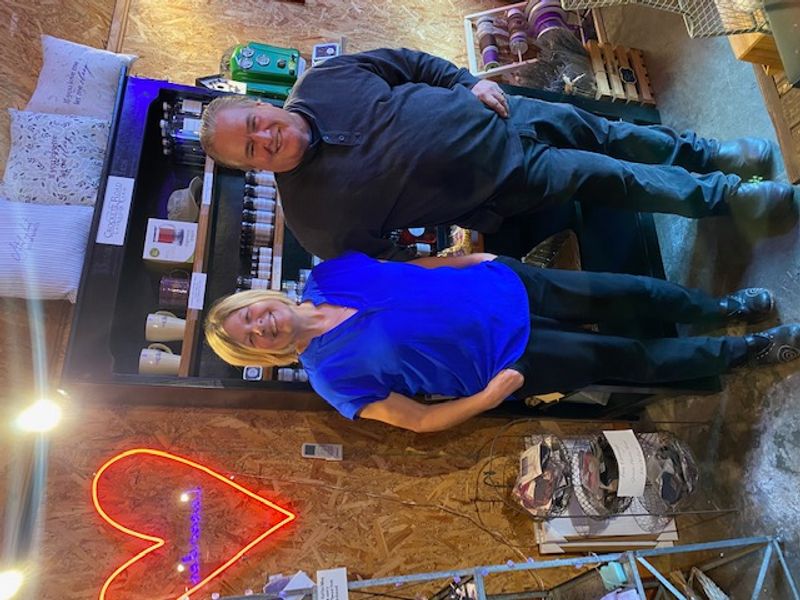
Click an image below to display the larger version.
